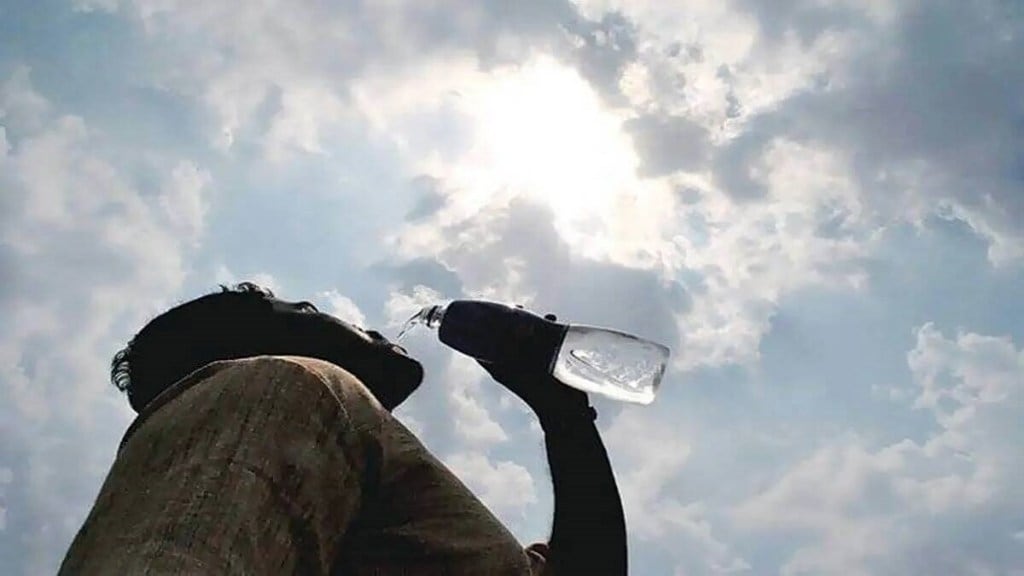With most parts of the country likely to witness above-normal temperatures in the March-May period, Prime Minister Narendra Modi on Monday asked officials to take immediate measures to mitigate risks to crops, fodder and the health of people.
PM Modi’s review of the country’s preparedness to deal with hot weather assumes importance amid predictions of a return of El Nino conditions in the Pacific that could presage a weaker monsoon in India, resulting in lower crop output and higher prices.
CPI-based retail inflation shot up to a 3-month high of 6.5% in January on the back of rising food inflation and sticky core inflation. Cereal inflation rose for the fifth straight month at 16% on year in January, reporting its biggest jump since June 2013.
“Prime Minister instructed that availability of fodder and of water in reservoirs should be tracked. Food Corporation of India was asked to ensure optimal storage of grains in extreme weather conditions,” according to an official statement.
In a high-level meeting with officials, Modi was briefed about the prospects of the forthcoming monsoon, the impact on rabi crops, the preparedness of medical infrastructure and preparation for disasters related to heat and mitigation measures.
Last month, the IMD had predicted that the maximum temperatures during March-May will remain above-normal levels over east, central, north-east and some parts of the north west region.
The likelihood of scorching summer heat could be damaging for the wheat crop, which has just entered the flowering stage. Lower wheat output could also lead to a depletion of the official stocks of grain. The agriculture ministry has recently set up a committee to monitor the impact of hot and dry weather conditions on standing wheat crops.
The PM was also briefed about efforts underway to monitor irrigation water supply, fodder and drinking water. Further, he was briefed about the preparedness of states and hospital infrastructure in terms of the availability of required supplies and preparedness for emergencies.
The PM asked IMD to issue daily weather forecasts in a manner which can be easily interpreted and disseminated.

